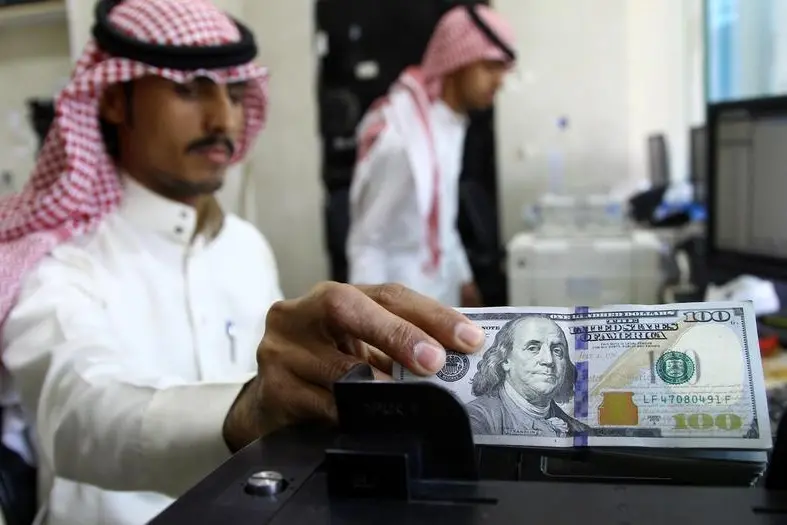PHOTO
DUBAI- Saudi Arabia might issue new international bonds as soon as January, as part of plans to raise $32 billion worth of debt next year, a senior finance ministry official told Reuters.
The kingdom has been borrowing extensively over the past few years, locally and internationally, to tap new revenue channels in an era of lower oil prices.
"We are very much ready, as early as the first of January, to issue our international bonds subject to market conditions of demand and supply," Fahad al-Saif, who heads the kingdom's debt management office (DMO), said in an interview.
Of the total debt plans, almost $12 billion will be to refinance existing local debt, and will be done locally, Saif said.
That leaves around $20 billion-worth of new funds that Riyadh plans to raise in the local and international markets, with the international debt accounting for 45% of the fundraising plans.
"We're assuming between 30 billion riyals and 35 billion riyals is going to be the international part of our issuance for the year," Saif said.
Hurt by a slump in oil prices, the world's largest crude exporter made its debut in the international debt markets in 2016 selling $17.5 billion of debt and attracting investor orders totaling almost four times that amount.
Since then, it has tapped new forms of financing - including a debut euro-denominated issuance this year - and government entities such as oil giant Aramco and the Public Investment Fund have increased their borrowing activity.
Aramco - which on Wednesday made its debut on the Riyadh stock market - raised $12 billion with its first international bonds this year, attracting over $100 billion in demand.
Saif said the debt management office would coordinate future Saudi debt issues but that each government entity would maintain independence on its funding plans and on the timing of their transactions.
"We are coordinating with other institutions to ensure there is no overlap, no cannibalization of supply," he said.
Riyadh sold sukuk, or Islamic bonds, worth $2.5 billion in October, receiving large demand despite an assault on its oil facilities a month earlier.
It plans to continue to tap Islamic-focused investors going forward, with one international issuance expected next year too, Saif said.
(Reporting by Davide Barbuscia; Editing by Hugh Lawson) ((Davide.Barbuscia@thomsonreuters.com; +971522604297; Reuters Messaging: davide.barbuscia.reuters.com@reuters.net))





















